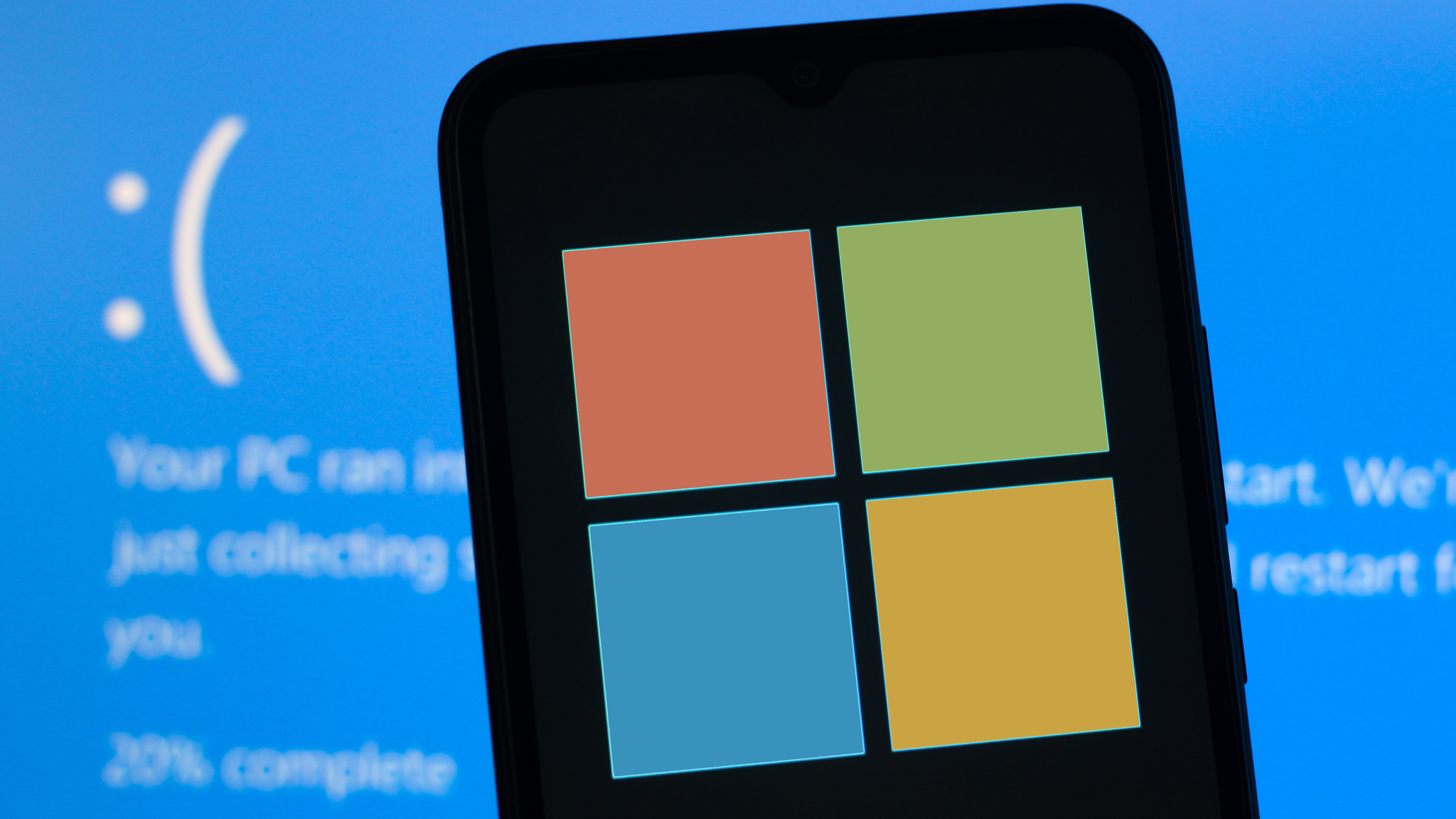New Junji Ito Anime to Adapt Legendary Horror Creator’s Works Yet Again

At Japan Expo 2025, a fresh anime project titled Junji Ito Crimson was unveiled. It’s been confirmed as an adaptation of a collection of “monster” themed works by the renowned artist, Junji Ito. The release date or timeline for this project is still undetermined, but you can watch the chilling trailer below to prepare yourself for this upcoming reinterpretation of Ito’s extensive catalog. Given its premise, it seems poised to fare better than previous adaptations.





